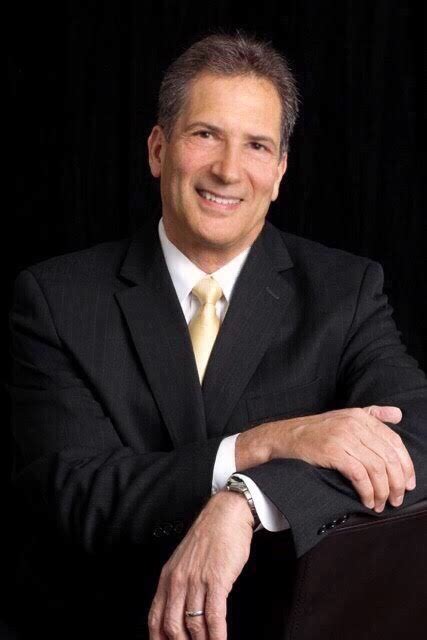A Quote by Marshall B. Rosenberg
When we make mistakes, we can use the process of NVC mourning and self-forgiveness to show us where we can grow instead of getting caught up in moralistic self-judgments.
Related Quotes
I'm not sure if resilience is ever achieved alone. Experience allows us to learn from example. But if we have someone who loves us-I don't mean who indulges us, but who loves us enough to be on our side-then it's easier to grow resilience, to grow belief in self, to grow self-esteem. And it's self-esteem that allows a person to stand up.
Many of us grow up thinking of mistakes as bad, viewing errors as evidence of fundamental incapacity. This negative thinking pattern can create a self-fulfilling prophecy, which undermines the learning process. To maximize our learning it is essential to ask: "How can we get the most from every mistake we make?"
There are people so blind and self-absorbed in all matters that they always believe that, whatever they desire or think, they can impose their will on other people. Whatever bad reason they use to persuade others, these self-centered people are so caught up in the process that it seems to them all they have to do is to speak their wishes in a lofty and commanding tone of voice in order to convince everybody.
Buddha has said to his disciples: Whenever you meditate, after each meditation, surrender all that you have earned out of meditation, surrender it to the universe. If you are blissful, pour it back into the universe - don't carry it as a treasure. If you are feeling very happy, share it immediately - don't become attached to it, otherwise your meditation itself will become a new process of the self. And the ultimate meditation is not a process of self. The ultimate meditation is a process of getting more and more into un-self, into non-self - it is a disappearance of the self.
Self-knowledge is not the knowledge of a dead self, self-knowledge is the knowledge of the process of the self. It is an alive phenomenon. The self is not a thing, it is an event, it is a process. Never think in terms of things, the self is not there inside you just like a thing waiting in your room. The self is a process: changing, moving, arriving at new altitudes, moving into new planes, going deeper into new depths. Each moment much work is going on and the only way to encounter this self is to encounter it in relationship.
Forgiveness feels most dramatic when some ancient pattern of self-punishment collapses in a torrent of tears. But it is just as effective when practiced daily in tiny doses - relinquishing a pointless worry, getting wise to a self-destructive habit, serving notice on a cruel notion about yourself that has previously seemed justified. The beginning of forgiveness is alertness to false ideas.


































